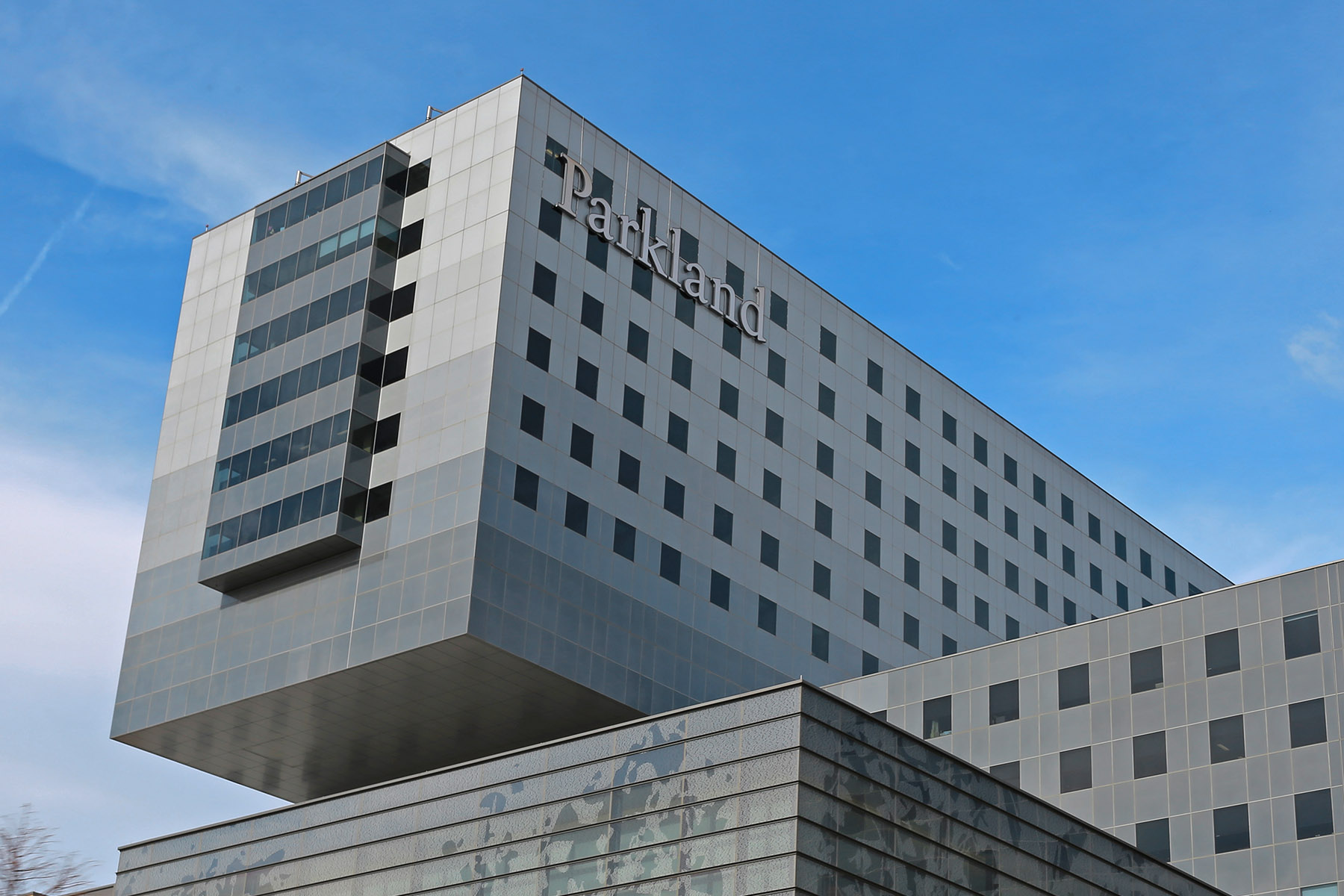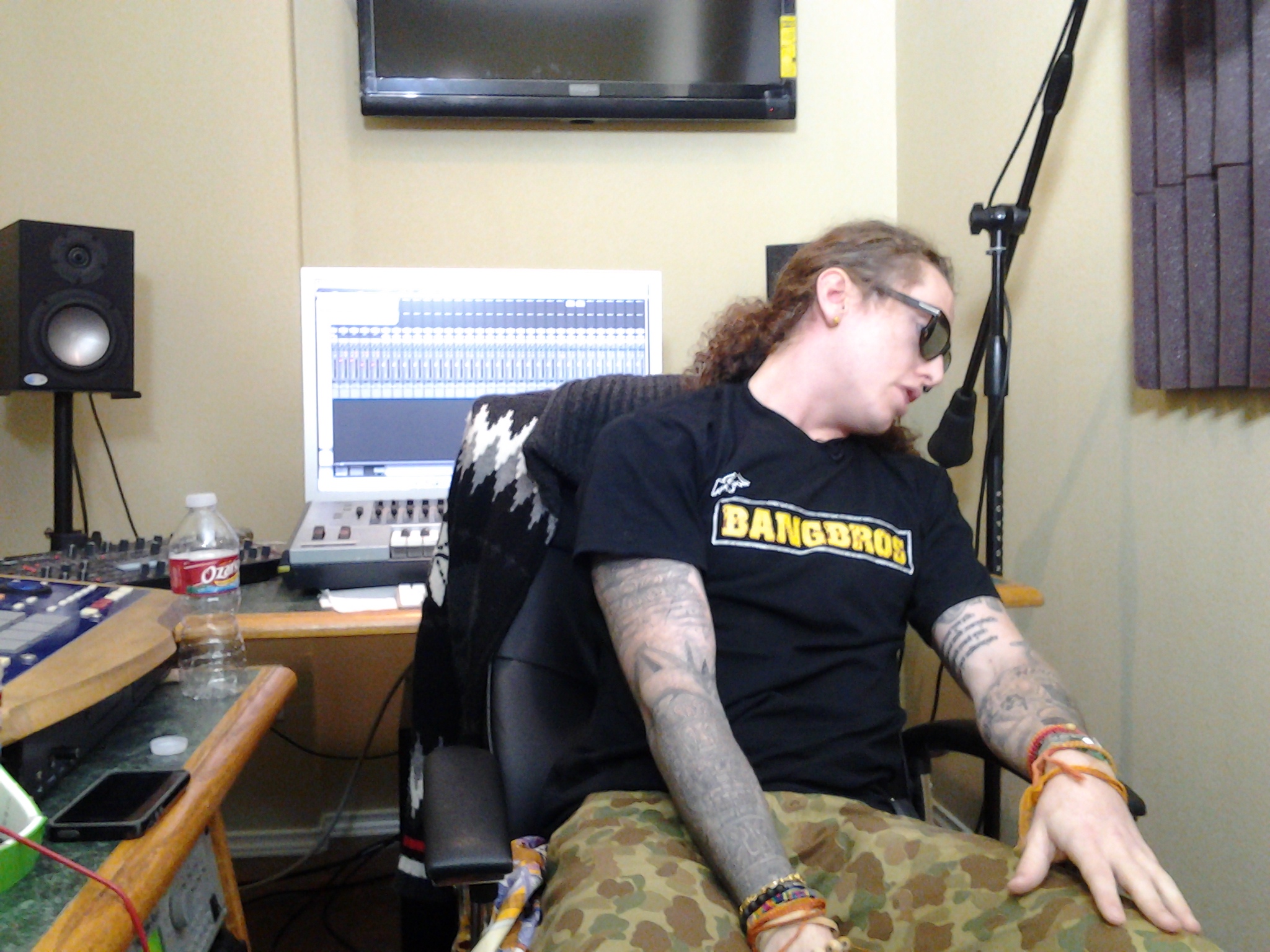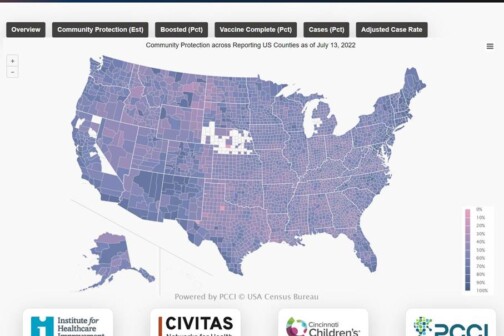At Parkland’s COVID Recover Clinic, the patients aren’t who you might expect. And the symptoms would surprise you as well. The clinic focuses on patients admitted to the intensive care unit due to COVID-19 and helps them with their ongoing symptoms, which can last for months.
Dr. Surendra Barshikar, the clinic’s medical director and an associate professor of physical medicine at UT Southwestern, says that about one in three patients with COVID-19 will experience lingering symptoms. However, his clinic only has resources to treat those most impacted by the virus. The majority of the patients needed oxygen, many were intubated, and they stayed in the hospital for an average of three weeks.
A study in The Lancet showed that fully vaccinated individuals who still got COVID were 49 percent less likely than unvaccinated people to experience long COVID. But other studies have shown that vaccination might have no effect at all against long COVID-19. The unvaccinated are the most at risk of getting COVID in the first place, but as vaccine effectiveness wanes and mild to moderate cases break through, those patients are still at risk of lingering COVID-19 symptoms. In fact, Barshikar says that the mild cases are sometimes more likely to result in long COVID.
As many as 100 million people worldwide are currently suffering from what has become known as long COVID. Researchers believe that number is sure to climb as the omicron variant hospitalizes more people than ever before. Research shows that the virus not only impacts the upper respiratory system but also affects blood flow, causing clotting that could restrict oxygen to cells throughout the body. Doctors believe this is the cause of many of the lingering symptoms.
The majority of the patients who require further follow-up are not the elderly and infirm. Barshikar says this population is made up of primarily low-income Black and Latino patients who are mostly middle-aged. Many do not have any underlying health conditions.
“Initially, we thought that it’s only affecting people that have significant comorbidities,” Barshikar says. “But I have seen so many young, otherwise healthy people that had no past medical history and yet have significant severe acute COVID.”
When they recovered enough to leave the hospital, many of these patients were transferred to a long-term acute care or skilled nursing facility to receive enough rehab to live on their own. They have needed speech, occupational, and physical therapy to help them recover from the prolonged hospital stay, which has a lasting impact of its own. After they leave those facilities, they come to the Recover Clinic on an outpatient basis, but many are not out of the woods.
The patients often experience what one might expect from a severe upper respiratory infection: fatigue, cognitive fog, chest discomfort, and difficulty breathing that won’t go away. Other symptoms are connected to a prolonged hospital stay. Barshikar says that many patients experience neuropathy or nerve damage that can range from tingling to drop foot, where a patient has difficulty lifting the front part of the foot when walking.
When a patient spends a long time in a prone position while intubated or an extended period in one position on their back, the constantly under-pressure skin begins to break down. It usually occurs on the back of the head or heels, but because so many COVID-19 patients spend time prone on their stomach, the clinic sees patients with damaged skin on their forehead, abdomen, shoulders, and arms. Fortunately, Barshikar says that 75 percent of the patients have already seen significant improvement with these respiratory, nerve, and skin issues.
And here is where it gets stranger. Barshikar says that patients who experienced severe symptoms from COVID-19 are recovering quicker than those who had a mild illness but have lingering symptoms. He also sees patients with lingering COVID-19 symptoms at UT Southwestern who weren’t necessarily admitted to the hospital. Still, these patients often have extended cognitive difficulties, while those with moderate-to-severe symptoms recover more quickly.
“The irony is that some of the severe ones are getting significantly better while the milder ones continue to have residual symptoms. It’s a puzzle, and we have yet to figure out why this happens.”
Get the D CEO Healthcare Newsletter
Author






